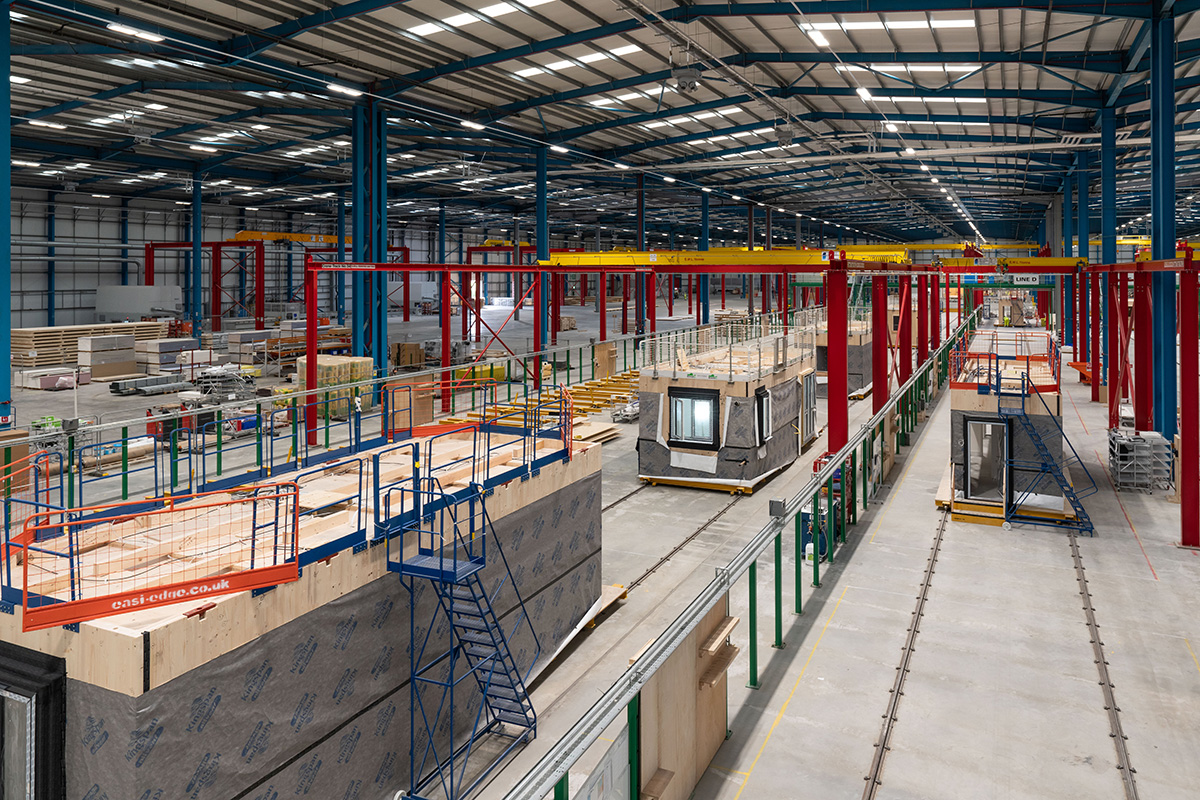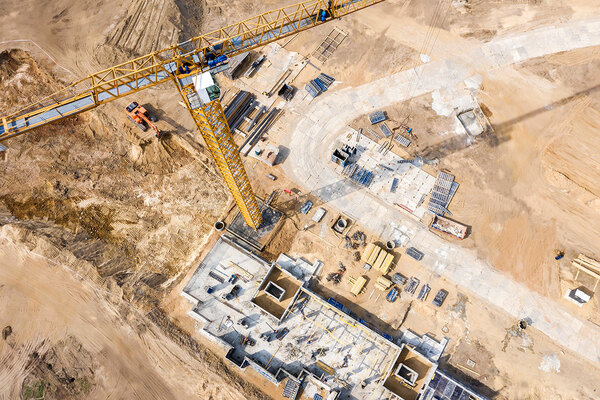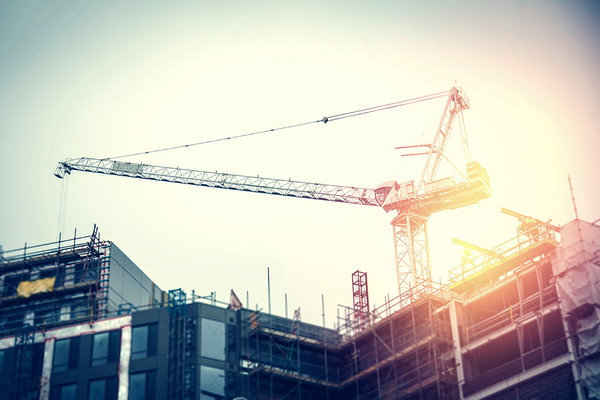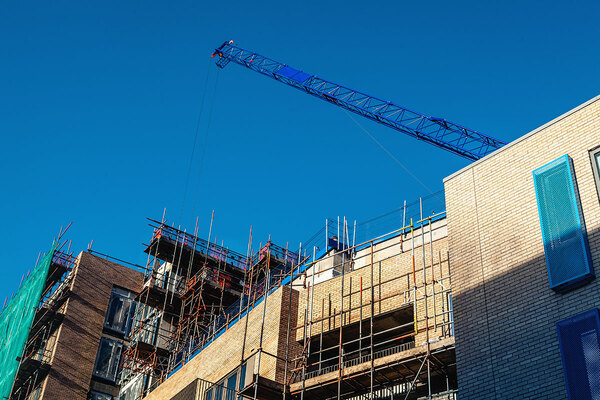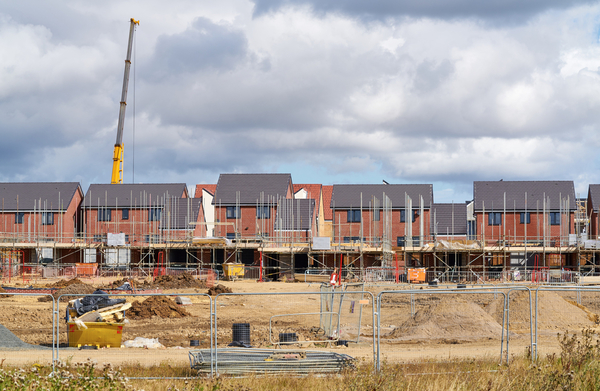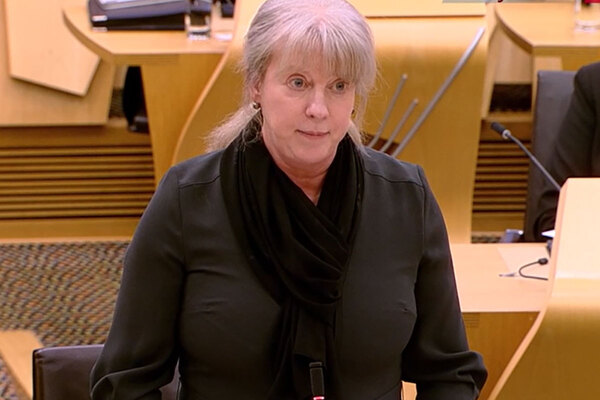Can housebuilding targets be achieved post-COVID-19?
The construction industry has many challenges to navigate as the UK moves towards the ‘new normal’. Will building at volume remain a realistic goal? Sara Bailey at Trowers & Hamlins gives her view
In association with:

Twenty years is a long time to have worked for one firm in housing. You must have seen it change a lot, but how will it alter as a result of the current health crisis?
I’m interested in how the built environment affects lives, the impact it has and how that can be changed. These elements will be considered more post-COVID-19.
I’m happy that in the past five years, the tenant has had more opportunity to voice what they need and that the sector is listening closely. Now, I think that voice will ask for more open spaces with a greater sense of community and neighbourhood. We’ve been talking about placemaking for a while but it will become more important because of the crisis we’re living through.
With safety rules and the move to zero carbon emissions driving changes around the design of housing, how will housing providers balance those aspects alongside the need to deliver at pace?
Zero carbon was on our radar before COVID-19, however in recent months we have become more aware of the reduction of air travel and the positive effects of cleaner air, so I think there will be a greater call for change – and partly because the tenant will demand it. The question is: how will it be paid for? It is about obtaining the financing to build the volume of housing that is required while maintaining the quality.
Modern methods of construction [MMC] may become more prominent as a way of reducing carbon because you know what you’re building, how you’re building it and what you have to achieve. At the same time, MMC could solve some of the new health and safety issues, as social distancing is easier to achieve in a factory than on a construction site. I see it having a major role in getting high-rise units built at speed as this is an area where distancing is a problem.
Do you think that getting the funding for housing that has been planned will become a major issue?
Local authorities have clearly had to divert resources to fight the virus on the frontline and rapidly address local needs. This is a time for a different type of investment, which is where pension scheme funding can help. I would suggest that the best route for local authorities is to form a partnership.
The funding market is still liquid and there will be other funding coming into the sector to allow it to push forward. Government support will be needed, but there are positive ways of making this happen with joint partnerships to unblock some of the issues.
What role does the housing sector have in helping to kick-start the economy?
The industry is desperate to get going but it will be slow and difficult to rapidly build in the volumes required. Construction can help the economy – this has always been the case in recessions, but COVID-19 has its own challenges.
The supply chain had already been affected by Brexit and it has now been struck out by the pandemic because many supplies are sourced from outside the UK. The route to supplies has to be reinstated or investment placed in producing materials in the UK.
The same can be said for labour as many workers are not in the UK at present.
It will help if planning permissions come through quickly. Quick decisions have been made during the crisis, and I hope this continues.
More on coronavirus
To see all our coronavirus coverage to date – including the latest news, advice to providers, comment and analysis – use the link below.
